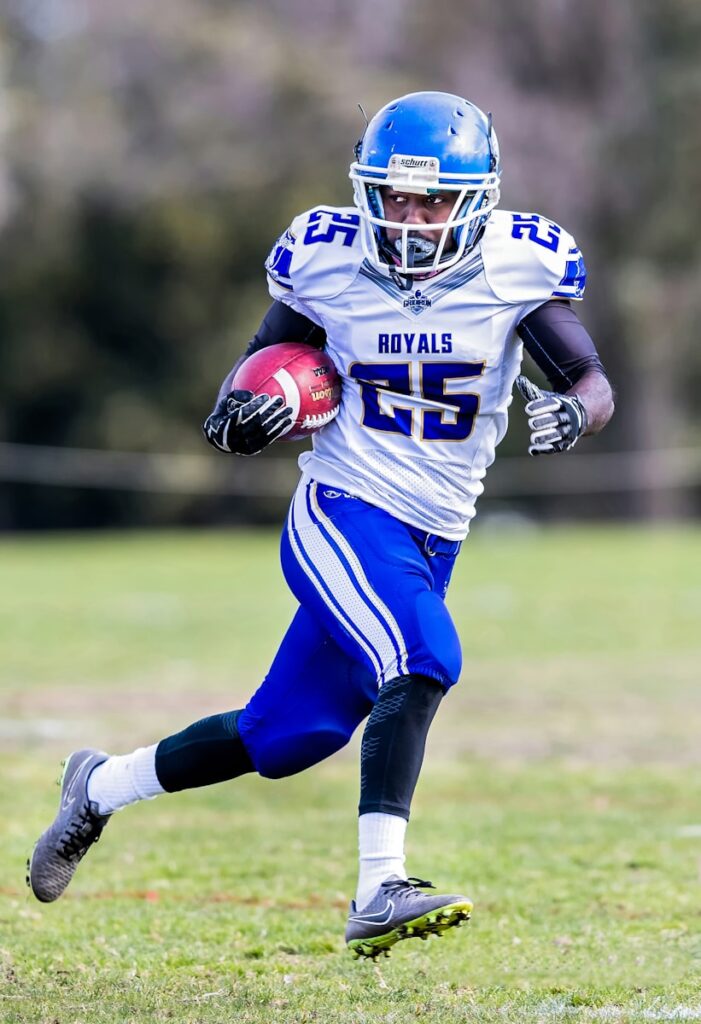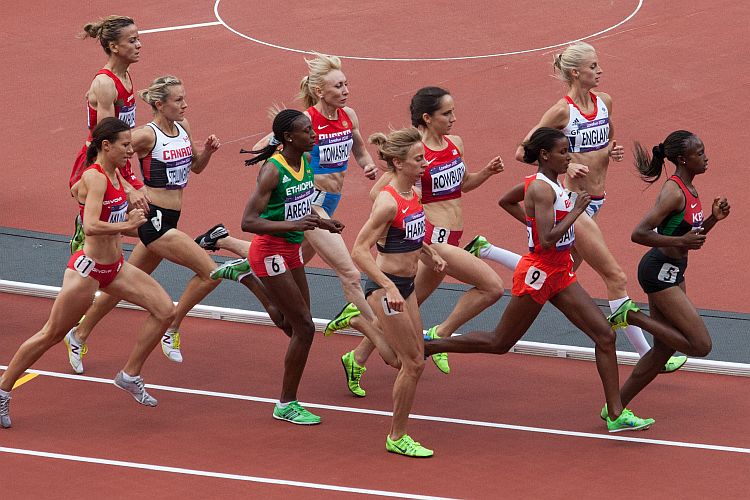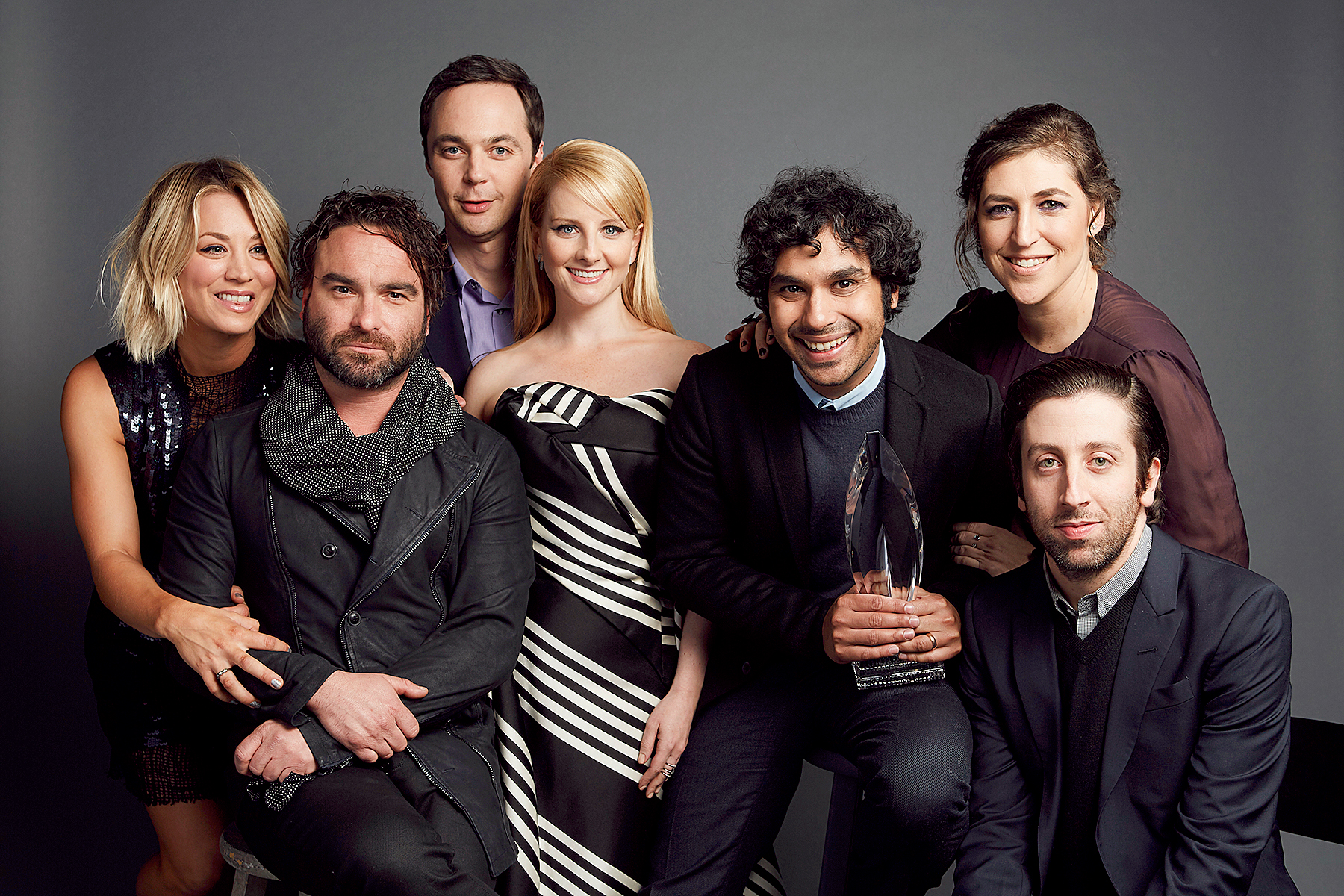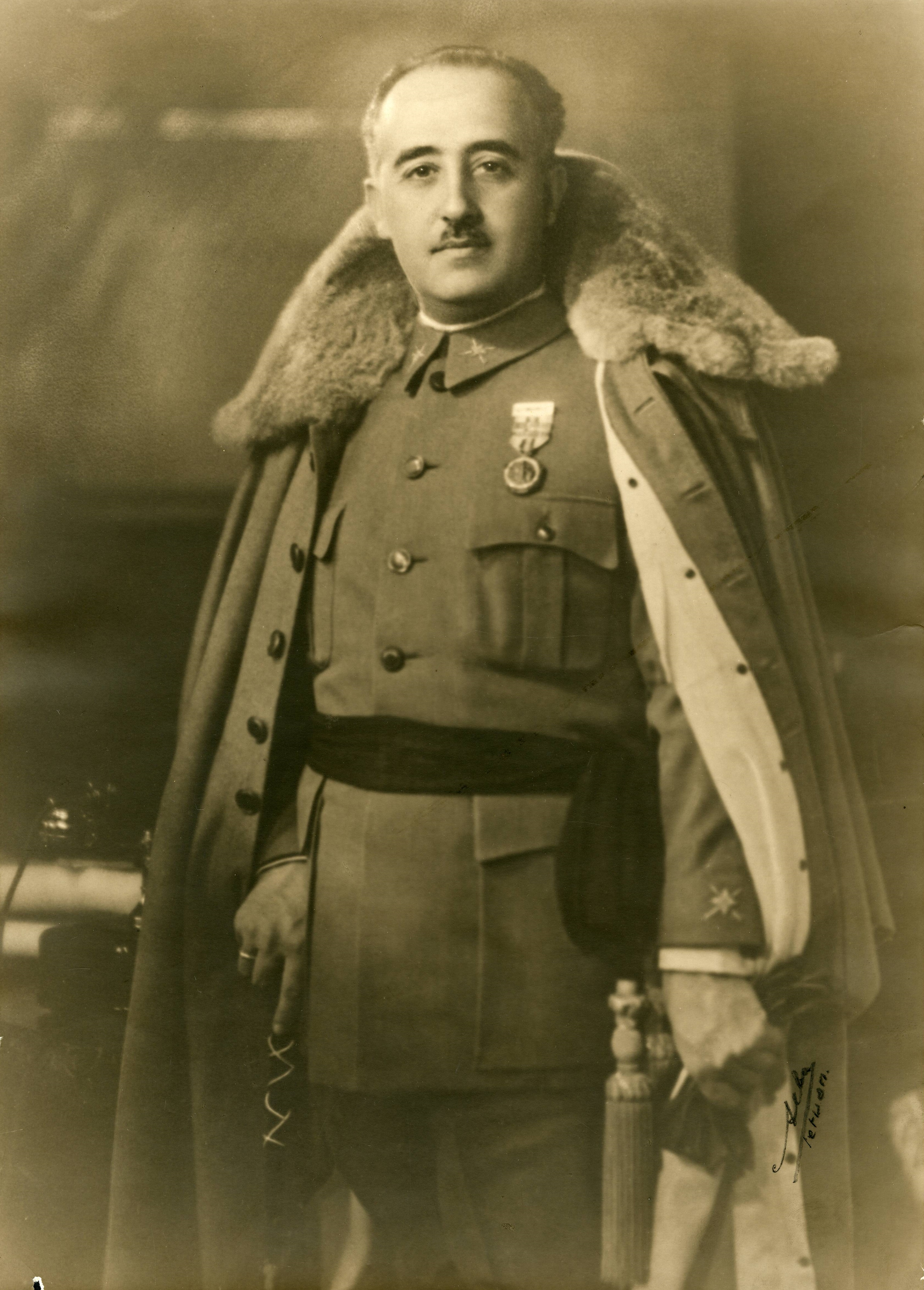
Ever scrolled through your feed and seen another headline about a superstar athlete signing a mind-blowing, nine-figure deal? We’re talking about contracts that could buy a small island (or, you know, a really, really nice car collection). It’s enough to make you wonder: how do they *do* that? Is there some secret handshake? A hidden playbook only the pros know about?
Well, buckle up, because while there isn’t a secret handshake, there definitely *is* a playbook. Negotiating these colossal sports contracts is a high-stakes game, demanding a blend of savvy legal understanding, strategic foresight, and a touch of the same competitive fire that makes these athletes legends on the field. It’s not just about raw talent; it’s about mastering the art of the deal, where every clause and every conversation can add millions to the bottom line.
From protecting interests to maximizing opportunities, these negotiation journeys are pivotal to an athlete’s entire career trajectory and long-term financial stability. So, if you’ve ever dreamed of playing in the big leagues – or just want to understand how the pros secure their bag – you’re in the right place. We’re breaking down 14 simple (but powerful!) secrets straight from the minds of athletes and agents who’ve navigated the complex waters of multi-million dollar sports contracts. Let’s dive into the first seven, because knowledge is power, and in this game, power means serious cash!

1. **Master the Basics of Your Contract: Know Every Single Detail**Before you even think about putting pen to paper, it’s absolutely crucial to have a crystal-clear understanding of every single term and condition that will be laid out in your contract. This isn’t just about the big numbers in the salary column; it’s about the nitty-gritty details that can make or break a deal over its lifetime. Think about the length of the contract, the full compensation package (including base salary, signing bonuses, and potential incentives), and any other relevant specifics that might affect your earnings or obligations.
Beyond the obvious financial figures, a deep dive into the legal and regulatory framework is essential. Many professional sports leagues operate under collective bargaining agreements (CBAs), which can significantly influence player contracts. These agreements often include strict restrictions on contract length, structure, salary caps, and even revenue sharing provisions. Being unaware of these broader rules is like playing a game without knowing the score – you’re at a serious disadvantage before you even start.
Understanding your contract’s foundational components, such as benefits and incentives, is also vital. These clauses might detail bonuses for performance milestones or outline health benefits that ensure your well-being throughout and after your career. Knowing these elements allows you to assess the full value of the offer, ensuring that you’re not just looking at the headline salary but the comprehensive support and rewards the contract offers for your optimal performance.
Read more about: Beyond the Fine Print: 9 Crucial Insurance Policy Aspects Agents Wish You’d Stop Overlooking

2. **Thoroughly Prepare Your Position: Map Out Your Battle Plan**Once you’ve got the contract basics down, the next big secret to securing those massive deals is to meticulously prepare your negotiating position. This isn’t a casual chat; it’s a strategic chess match where every move counts. It starts with a clear-eyed assessment of your own priorities and goals. What do you absolutely need? What are you willing to compromise on? Knowing your bottom line and your dream scenario is the first step in crafting a powerful stance.
But it doesn’t stop there. A truly effective negotiation strategy requires you to anticipate the other party’s likely position. What are the team’s goals? What are their budget constraints? What kind of players are they looking for? Putting yourself in their shoes allows you to better frame your arguments and predict potential objections. This involves doing your homework, assessing their needs, and understanding their motivations to approach the table from a position of informed strength.
Furthermore, savvy athletes and agents keep a keen eye on external factors that could sway the negotiation. Market trends, for instance, play a huge role; what are comparable players earning? How has team performance been? Are there any recent player injuries (on either side) that could alter perceived value? All these elements create a dynamic environment, and being aware of them means you can adjust your position and strategy on the fly, ensuring your proposals are always grounded in current realities.
3. **Develop a Savvy Negotiation Strategy: Aim High, Connect Deeply, Compromise Smartly**With your position well-prepared, it’s time to develop an actual negotiation strategy that is both ambitious and flexible. This isn’t just about making demands; it’s about crafting a path that leads to the best possible outcome for you, while still being palatable for the other side. One key aspect is setting ambitious, yet realistic, goals. If you aim low, you’ll likely settle low. High aspirations, backed by solid reasoning, can push the boundaries of what’s initially considered possible.
Building rapport with the opposing party can significantly enhance negotiation effectiveness. It might sound soft, but establishing trust and a positive relationship can transform a combative negotiation into a collaborative one. When parties feel respected and understood, they are often more inclined to compromise and find mutually beneficial solutions. This isn’t about being overly friendly, but about fostering an atmosphere of professional respect that encourages productive discussions and ensures everyone feels heard.
Finally, a winning strategy means understanding the art of concession. It’s rarely about getting everything you want. Instead, it’s about identifying your absolute key priorities and being willing to make strategic concessions on lesser points in exchange for those crucial elements. This flexibility demonstrates a willingness to collaborate and move towards an agreement, ultimately strengthening your position when it comes to securing those non-negotiable terms that truly matter for your career and financial future.

4. **Communicate with Precision and Poise: Every Word Counts in High-Stakes Talks**In the intense world of sports contract negotiations, communication isn’t just important – it’s absolutely critical. You need to be a master of expressing yourself clearly and concisely, ensuring that your priorities and goals are conveyed effectively without any room for misunderstanding. Jargon and ambiguity are your enemies here; plain, direct language ensures everyone is on the same page, preventing costly misinterpretations down the line.
But effective communication is a two-way street, and this secret highlights the absolute necessity of active listening. It’s not enough to just talk; you must also be prepared to truly hear and understand the other party’s concerns, objections, and even their underlying motivations. This means paying attention, asking clarifying questions, and demonstrating that you’re processing their input, not just waiting for your turn to speak. This respect for their perspective can open doors to creative solutions.
Responding thoughtfully and respectfully is the final piece of the communication puzzle. Even when faced with challenging offers or direct opposition, maintaining composure and offering well-reasoned responses shows professionalism and strengthens your negotiating stance. Avoiding rash or emotional reactions allows you to keep the conversation productive, ensuring that decisions are based on logic and strategic interests rather than impulsive feelings. This poise can often be the differentiator in securing a favorable outcome.

5. **Safeguard Your Interests with Legal Documentation: Dot Your I’s, Cross Your T’s**You’ve done the hard work, navigated the discussions, and finally reached an agreement – congratulations! But here’s the often-overlooked secret to truly sealing the deal: rigorous legal documentation. Once an agreement is verbally reached, it is absolutely essential to get every single term and condition down in a written contract. This document becomes the legally binding roadmap for your professional relationship, leaving no room for future disputes or misunderstandings.
This isn’t a DIY project. The written contract, with all its intricate clauses and legal jargon, *must* be reviewed by a qualified sports attorney. These legal eagles specialize in sports law and can meticulously scrutinize every detail to ensure it’s legally sound, complies with all relevant regulations and laws, and most importantly, fully protects your interests. They can spot potential pitfalls, ambiguous language, or clauses that might not serve you well in the long run.
Engaging experienced legal counsel is a non-negotiable step in this process. Their expertise provides a critical layer of security, ensuring that the agreement you’ve worked so hard to achieve is rock-solid and enforceable. They can clarify contract specifics, translate complex legal terms, and advocate on your behalf, allowing you to enter the professional relationship with confidence and peace of mind, knowing your career and financial well-being are properly safeguarded by ironclad legal agreements.

6. **Protect Against Legal Landmines: Navigate the Complexities of Sports Law**Beneath the shiny headlines and astronomical figures, sports contracts are fraught with legal complexities that can trip up even the most seasoned negotiators. One of the most significant legal “landmines” to navigate is the collective bargaining agreement (CBA) that governs many professional sports leagues. These agreements are not just suggestions; they are comprehensive frameworks that dictate everything from contract length and structure to salary caps, revenue sharing, and even player benefits, directly impacting what you can negotiate.
Another critical area is compliance with federal and state anti-discrimination laws. Athletes’ contracts must adhere to statutes like Title VII of the Civil Rights Act and the Americans with Disabilities Act. This means contracts cannot contain discriminatory provisions based on factors such as race, gender, or disability. Ensuring these legal standards are met is not only ethical but also legally mandatory, and skilled representation will meticulously ensure full compliance throughout the negotiation process.
Furthermore, many sports contracts include complex provisions for arbitration and other forms of dispute resolution. These clauses outline how conflicts will be addressed if they arise, and require careful negotiation to ensure that an athlete’s interests are adequately protected in such scenarios. Even non-compete clauses, which restrict an athlete’s ability to play for other teams or engage in certain outside activities, can be controversial and demand precise negotiation to ensure fairness and reasonableness. Understanding and addressing all these legal facets is paramount to a secure and successful contract.

7. **Unleash the Power of Negotiation for Career Trajectory: Shape Your Destiny**Negotiating contracts isn’t just about the immediate payday; it’s a pivotal moment that fundamentally shapes an athlete’s entire career trajectory. The strategic choices made during these high-stakes discussions extend far beyond securing a lucrative deal, influencing future earning potential, brand endorsements, image rights, and even valuable post-career opportunities. It’s about building a foundation for a career that thrives both on and off the field, a true long-term game plan.
Consider the legendary LeBron James, whose meticulously negotiated contracts are a masterclass in this secret. His deals weren’t just about maximizing earnings; they were expertly crafted to allow him to maintain significant control over his personal brand and to wield substantial influence within the NBA. This strategic approach to negotiation empowered him to not only elevate his financial standing but also to curate his public image and career path with unparalleled autonomy, setting him apart as a true business titan.
By recognizing and leveraging the comprehensive power of negotiation, athletes can effectively dictate their professional narrative and secure terms that align with their broader life goals, not just their athletic ones. This proactive approach ensures that every contract becomes a stepping stone, providing opportunities for growth and security far beyond the immediate playing years, ultimately shaping their destiny in the high-stakes world of professional sports. It’s the difference between merely being a player and being the architect of your own championship career.
8. **The Pivotal Role of Expert Representation: Finding Your Champion Agent**You’ve got the talent and the drive, but navigating the intricate maze of sports contracts with millions on the line isn’t something you do alone. This is where your secret weapon comes in: a top-tier sports agent. They’re not just an intermediary; they’re your ultimate advocate, legal eagle, and career architect rolled into one, tirelessly working to ensure your success.
Finding the *right* agent is absolutely pivotal, almost as important as picking the right team! It’s not just about who’s got the flashiest roster. You need an agent with extensive industry knowledge, deep connections, and sharp negotiation skills honed over years of high-stakes deals. Think of it as finding a trusted partner who understands the nuances of *your* specific sport and has a proven track record of successful, favorable negotiations.
When sifting through potential agents, consider their long-term vision, specialization, and reputation. Do they maintain positive relationships with team owners? Are they known for ethical behavior? A well-chosen agent truly influences the success of your negotiations, making sure your interests, immediate and long-term, are always front and center. This partnership is fundamental to shaping your professional journey.

9. **Beyond the Handshake: Understanding Your Agent’s Crucial Duties**Once you’ve found your champion agent, what exactly are they doing behind the scenes to help you land that blockbuster deal and keep your career soaring? It’s way more than just talking numbers. Their responsibilities are incredibly multifaceted and vital to ensuring a successful outcome, acting as your comprehensive representative and relentless advocate. They literally live and breathe sports law and sophisticated negotiation strategies.
One of their core duties is contract negotiation itself. This means they’re tirelessly working to secure maximum compensation, pushing for favorable financial terms, and hammering out crucial performance incentives. But it’s not just about money; they meticulously ensure every agreement meets stringent legal standards and regulatory frameworks, from league rules to collective bargaining agreements. This legal compliance acts as a robust shield, protecting you from potential headaches down the line.
Beyond contract details, expert agents often take on a broader, holistic career management role. They provide invaluable guidance, helping you make strategic decisions that align with your long-term goals, from endorsement opportunities to post-career ventures. Agents also facilitate effective communication between you and potential teams. Their in-depth knowledge significantly contributes to managing your public image and brand development, ultimately boosting your appeal and leverage in all negotiations.

10. **Pitfall Alert! Don’t Get Caught Misunderstanding Contract Terms**Alright, a contract offer is finally on the table. Hold up! One of the biggest ‘oops’ moments in athlete contract negotiations, a pitfall that can cost you dearly, comes from misunderstanding the very terms you’re signing. It’s shockingly common for athletes to lack familiarity with complex legal jargon, making it difficult to grasp the full implications of specific clauses. This isn’t just about missing a small bonus; it can lead to deeply unfavorable agreements.
Imagine this: you see a ‘performance bonus’ and think ‘cha-ching!’ But then, your eagle-eyed agent points out it only kicks in if you achieve an almost impossible statistical milestone. Misinterpreting such conditional metrics can lead to disappointing financial outcomes if expectations aren’t aligned with contractual realities. Legal terms like ‘exclusive rights’ or ‘liquidated damages’ might mean something different than you assume.
The ultimate takeaway? Never, ever rush. Invest serious time in advisory sessions with your legal professionals. Their expertise clarifies every detail, translates complex legalese, and ensures you enter negotiations fully informed and prepared to advocate for your interests, leaving no room for unpleasant, costly surprises. Your future earnings and career stability depend on it.

11. **Keep Your Cool: Steering Clear of Emotional Negotiation Traps**Negotiating a multi-million dollar deal is high-stakes and deeply personal! A common pitfall is letting raw emotions take the wheel. Athletes, like anyone, experience heightened emotions due to immense pressure from teams, fans, and media. When feelings run high, it’s easy to make decisions based on gut reactions rather than a cool, logical evaluation of crucial contract terms.
During nerve-wracking situations, it’s tempting to prioritize immediate financial gains or public perception over long-term career implications. These impulsive choices, driven by ego or fear, can have far-reaching negative consequences. The pressure cooker of professional sports can also stir up feelings of insecurity, nudging athletes to accept unfavorable terms just to get the deal done.
This is why leaning heavily on your agent and legal team for objective guidance is a game-changer. Their professional insights provide a much-needed objective perspective, helping you disengage from emotional noise and focus on rational, strategic decision-making. This allows you to achieve more balanced, advantageous agreements that reflect your true market value and serve your long-term goals. Trust your team, and let logic and expertise lead the way!

12. **The Public Eye: How Media and Publicity Shape Your Deal**In today’s 24/7 news cycle, your high-profile negotiations aren’t happening in a vacuum. The media and public perception are powerful participants that significantly influence athlete contract negotiations, shaping public sentiment and stakeholder interests. This constant spotlight can heap pressure on both teams and athletes, transforming private discussions into public spectacles.
Media coverage, whether glowing or critical, directly impacts your market value and bargaining leverage. If you’re fresh off a record-breaking season, buzzing media attention can dramatically strengthen your bargaining position. Conversely, negative publicity or ongoing contract disputes aired publicly can lead to diminished offers. Savvy athletes and their agents must constantly gauge public sentiment and the media narrative.
This is where strategic communication becomes an advanced tactic. Your agent needs to be a master of public relations, managing the narrative, knowing when to release a statement or when to stay silent to maintain a favorable public image. Mastering publicity management is a critical component of your overall negotiation strategy, directly impacting deal outcomes. Remember Dak Prescott’s Cowboys negotiations? Textbook example of media scrutiny!

13. **Playing the Long Game: Security vs. Potential in Your Career Bet**Alright, let’s talk about a classic athlete dilemma: Do you grab the guaranteed money now, securing your financial future, or do you bet on yourself for an even bigger payday down the road? This ‘security vs. potential’ question is monumental, especially for young, ascending athletes whose market value is skyrocketing. It’s about weighing immediate financial stability versus taking a strategic gamble on shorter-term agreements.
Take Mike Trout, for example. In 2019, he signed a mind-boggling 12-year, $426.5 million extension. He *could* have waited for free agency for an even more colossal contract, but opted for long-term security. For him, it balanced financial certainty with faith in his team’s future. For the team, it was a massive, calculated bet on his sustained greatness, despite risks with such a lengthy commitment.
This strategic choice is a defining moment, particularly in early-to-mid career. It underscores the importance of meticulously considering how each contract choice impacts your trajectory over years. Weighing rock-solid stability against potential for greater market value is a significant strategic chess move, requiring deep self-awareness and shrewd financial foresight.
Read more about: The Integrity Under Fire: Why NFL Fans Demand Answers as Officiating Controversies Mount and the League Fights Back

14. **The Ultimate Balancing Act: Loyalty, Legacy, and Market Value**As an athlete’s career matures, especially for global superstars, contract negotiations introduce deeper complexity. It’s no longer just about money or security. It boils down to an ultimate, heart-wrenching, balancing act between loyalty to a team, preserving your irreplaceable legacy, and still demanding your true, earned market value. These monumental decisions define a legend’s final chapters.
Consider Tom Brady. After 20 years and six Super Bowl titles with the Patriots, in 2020 at 42, he wanted a contract reflecting his elite play. The Patriots hesitated due to age. Brady ultimately left, signing a two-year, $50 million deal with the Buccaneers and snagging another Super Bowl ring. His move highlighted the painful balance between sentimental loyalty and the cold reality of market-driven value.
Then there’s Kobe Bryant’s final extension with the Lakers in 2013. Despite being 35 and coming off an Achilles injury, he signed a two-year, $48.5 million deal. Critics argued it limited rebuilding, but for Bryant, it symbolized his irreplaceable importance to the franchise and lasting impact on its culture. For many athletes nearing twilight, these decisions involve legacy, post-career opportunities, and their long-term relationship with a team. Understanding these intricate dilemmas is crucial.
Read more about: Challenging Bavaria’s Best: An In-Depth MotorTrend Analysis of the 2025 Genesis GV70’s Stance Against BMW’s Luxury SUV Lineup
So there you have it – the 14 game-changing secrets that unlock those jaw-dropping, nine-figure sports deals. From nailing the basics to mastering advanced tactics, from understanding the legal labyrinth to navigating the media frenzy, and from finding your ultimate agent to making those monumental decisions about loyalty and legacy, securing a massive contract is a high-stakes symphony of strategy, skill, and smarts. These are not just transactions; they are pivotal moments that shape careers, define legacies, and ultimately allow athletes to build empires far beyond the field. Embrace these secrets, and you too can play the long game, not just as a player, but as the architect of your own extraordinary future.






